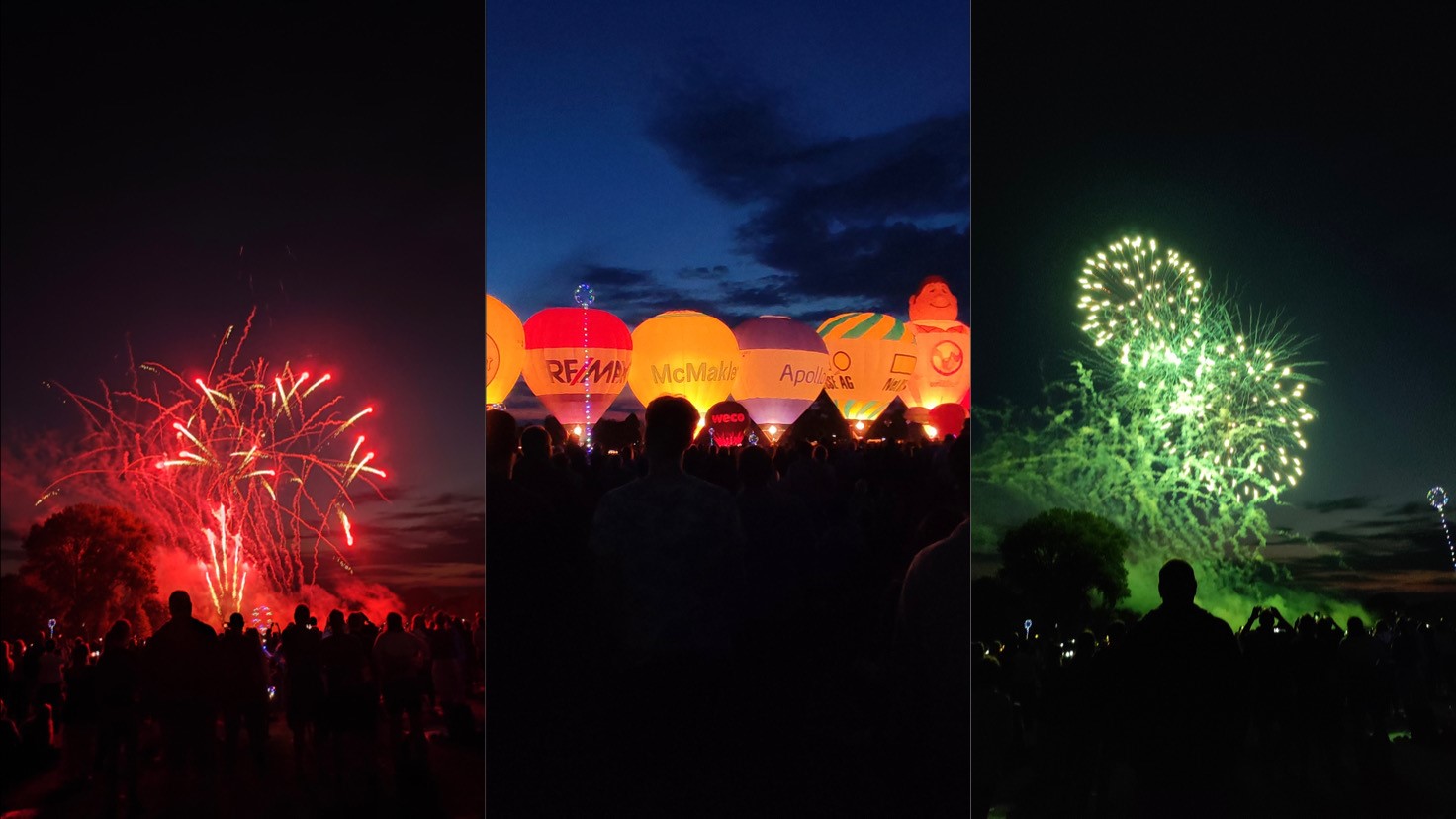By Freddy Tan Kheng Suan
Freddy Tan Kheng Suan has finally returned home with wonderful experiences from Aalborg University (AAU), Denmark, one of the world's best research institutions for Power Electronics and Renewable Energy.
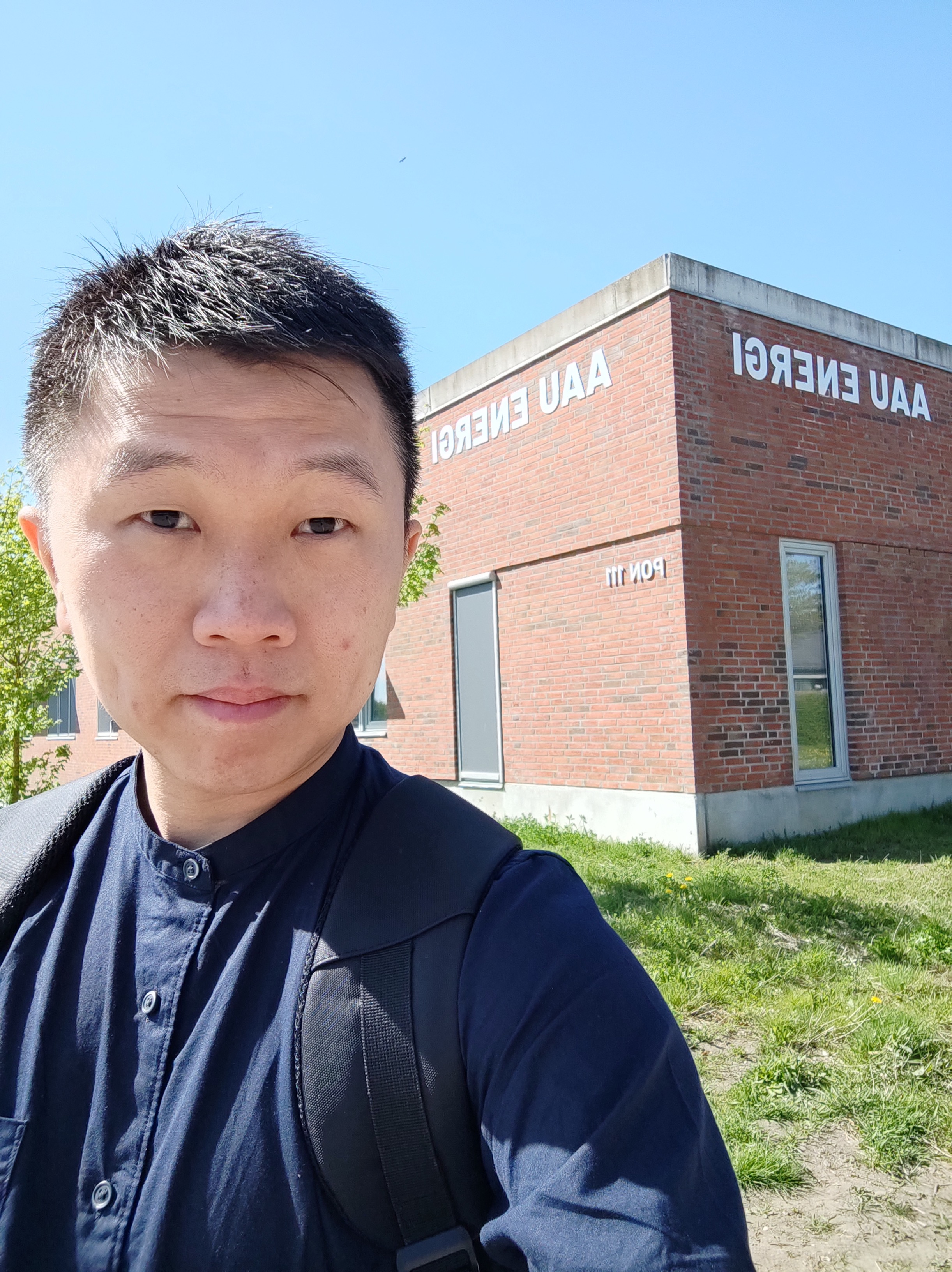 Tan, an Associate Professor from University of Nottingham’s Department of Electrical and Electronics Engineering was a recipient of the 2022 Merdeka Award Grant for International Attachment (MAGIA). During his two month attachment at AAU, Tan further honed his expertise in designing on-board chargers for electric vehicles (EV) and photovoltaic (PV) converters.
Tan, an Associate Professor from University of Nottingham’s Department of Electrical and Electronics Engineering was a recipient of the 2022 Merdeka Award Grant for International Attachment (MAGIA). During his two month attachment at AAU, Tan further honed his expertise in designing on-board chargers for electric vehicles (EV) and photovoltaic (PV) converters.
Here he shares with us the invaluable experience he gained and his plans moving forward.
What was it you personally hoped to achieve with this attachment, and did you fulfil that dream?
I most definitely did. My hope was to learn from world-leading professors and to work at world-class laboratories. I had the opportunity to do that, as well as to work closely with Professor Frede Blaabjerg, a world-renown professor at AAU Energy. This was an incredible honour as Professor Frede is recognised as the world’s best power electronics and renewable energy professor with numerous international awards. He has contributed significantly to the field of renewable energy and power electronics, and acknowledged in more than 150,000 research citations.
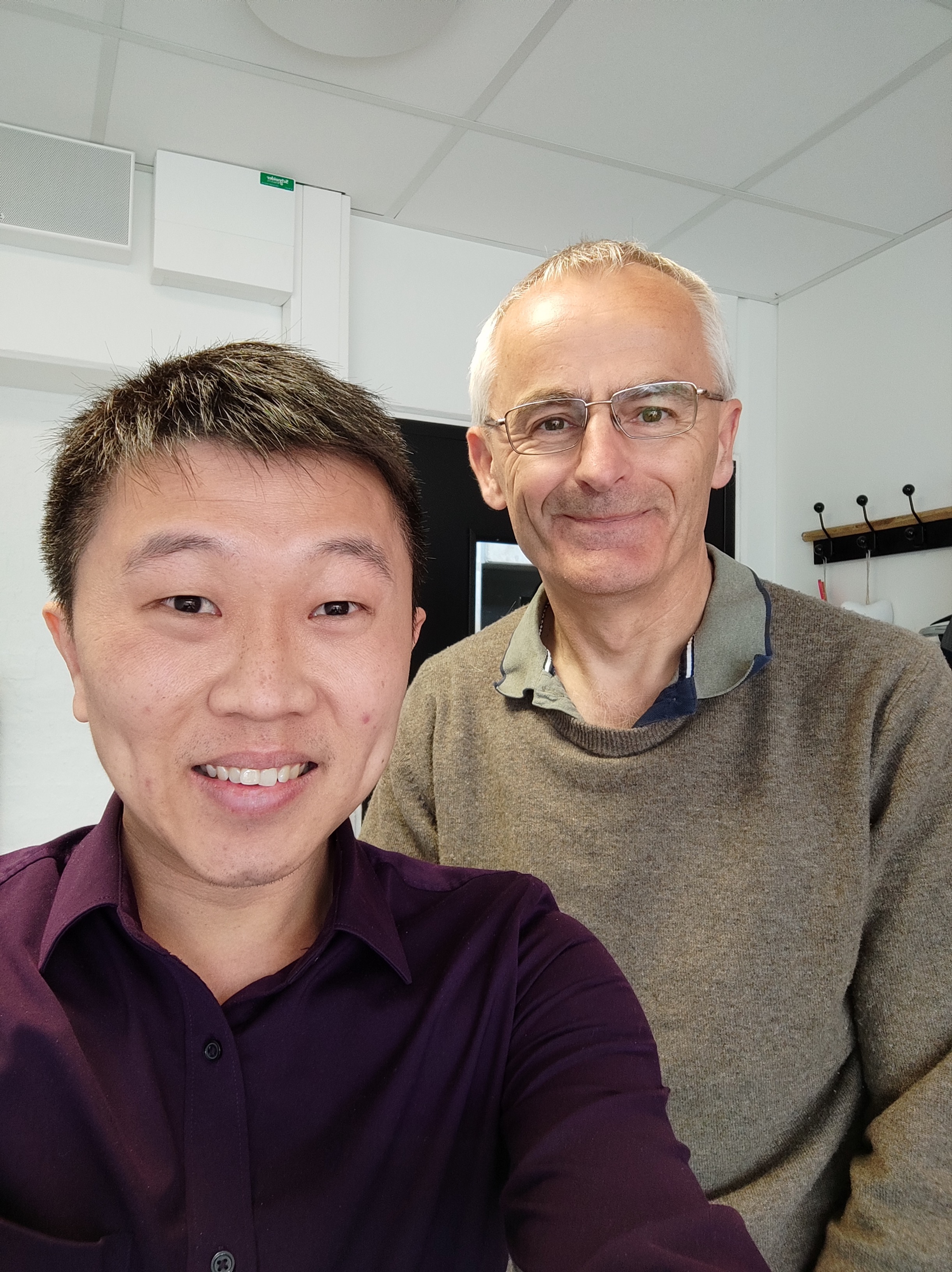 If you were to explain what your dream project is about to a 6 year old?
If you were to explain what your dream project is about to a 6 year old?
My dream is to see Malaysia develop our own home-grown green technology for solar energy and electric vehicles – enabling Malaysia to become a clean and green nation.
What was the driving factor for you to pursue excellence in your area of interest?
I believe engineering and technology are foundational for developing a country to be a high-income nation. Instead of continually buying technology from others, we need to start building our own. To realise this, excellence and patience are key. Why the latter? Because in pursuing excellence, failure is inevitable. This is when we will need patience to identify what are the roadblocks and solutions. Overcoming these requires a shift in mindset, a highly determined attitude and new approaches which may involve pushing boundaries until we have the desired results. This is excellence.
What were some important opportunities and experiences from this attachment?
Throughout the attachment, I attended several courses by various subject matter experts and conducted experiments in world-class research laboratories.
Specifically, I developed a preliminary design for the photovoltaic converter and on-board charger. I presented my preliminary findings at the 13th Institute of Electrical and Electronics Engineers (IEEE) International Symposium on Power Electronics for Distributed Generation Systems (PEDG 2022) at Kiel, Germany.
The attachment also allowed me to listen to and network with various global experts presenting their research ideas in renewable energy and electric vehicles.
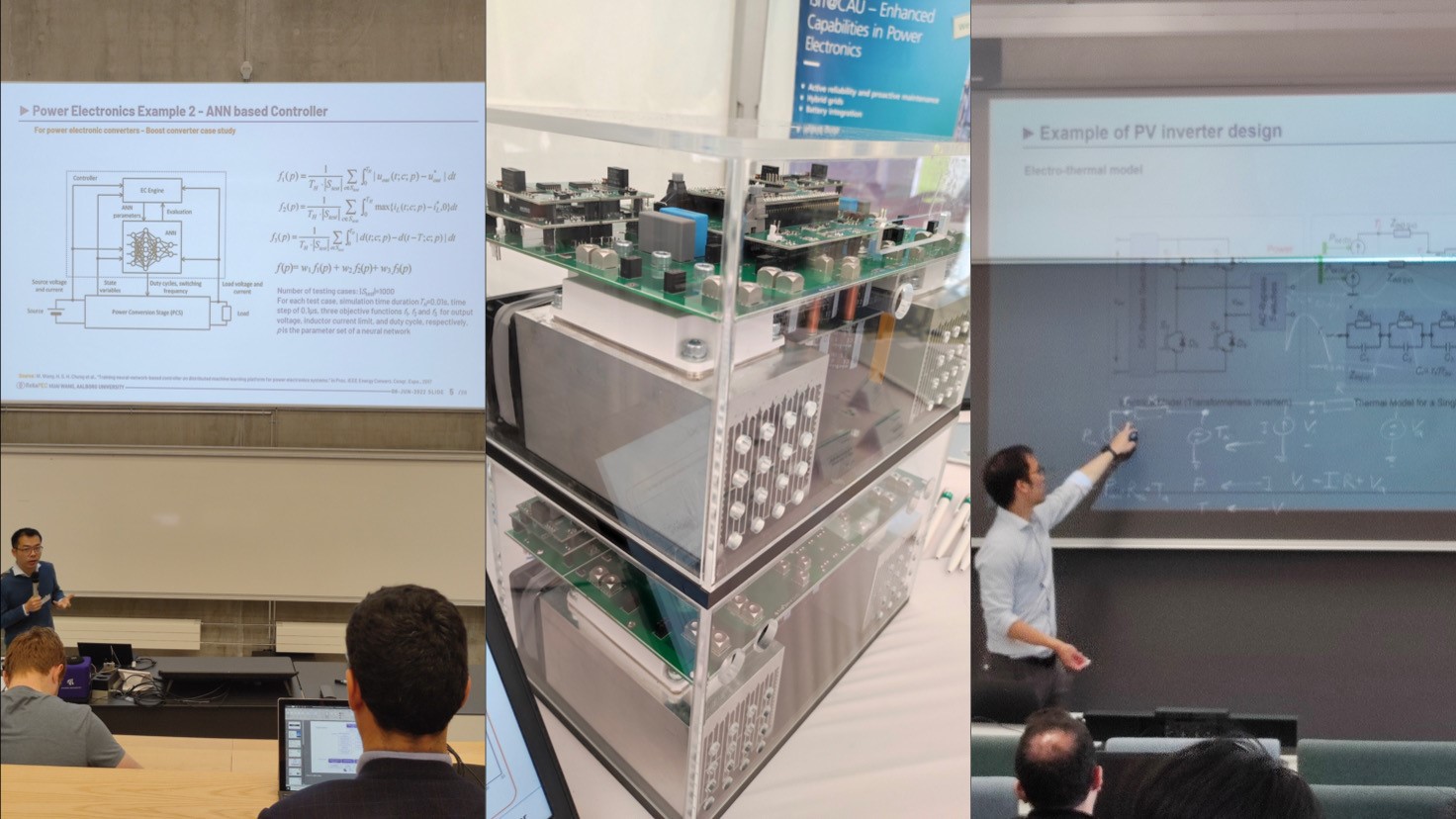 The experiment you conducted and preliminary findings you presented, how will you now apply these in Malaysia?
The experiment you conducted and preliminary findings you presented, how will you now apply these in Malaysia?
The 2-month attachment was the beginning of a series of ideas discussions and a feasibility study. I will continue to collaborate with Prof Frede to establish a research group to take the study to the next level. With more findings I can then work with the Government and industry for patenting and commercialisation.
My immediate plan is to apply for grants and to work with relevant experts to make Malaysia a Green Hub for electric vehicles and solar energy in South East Asia.
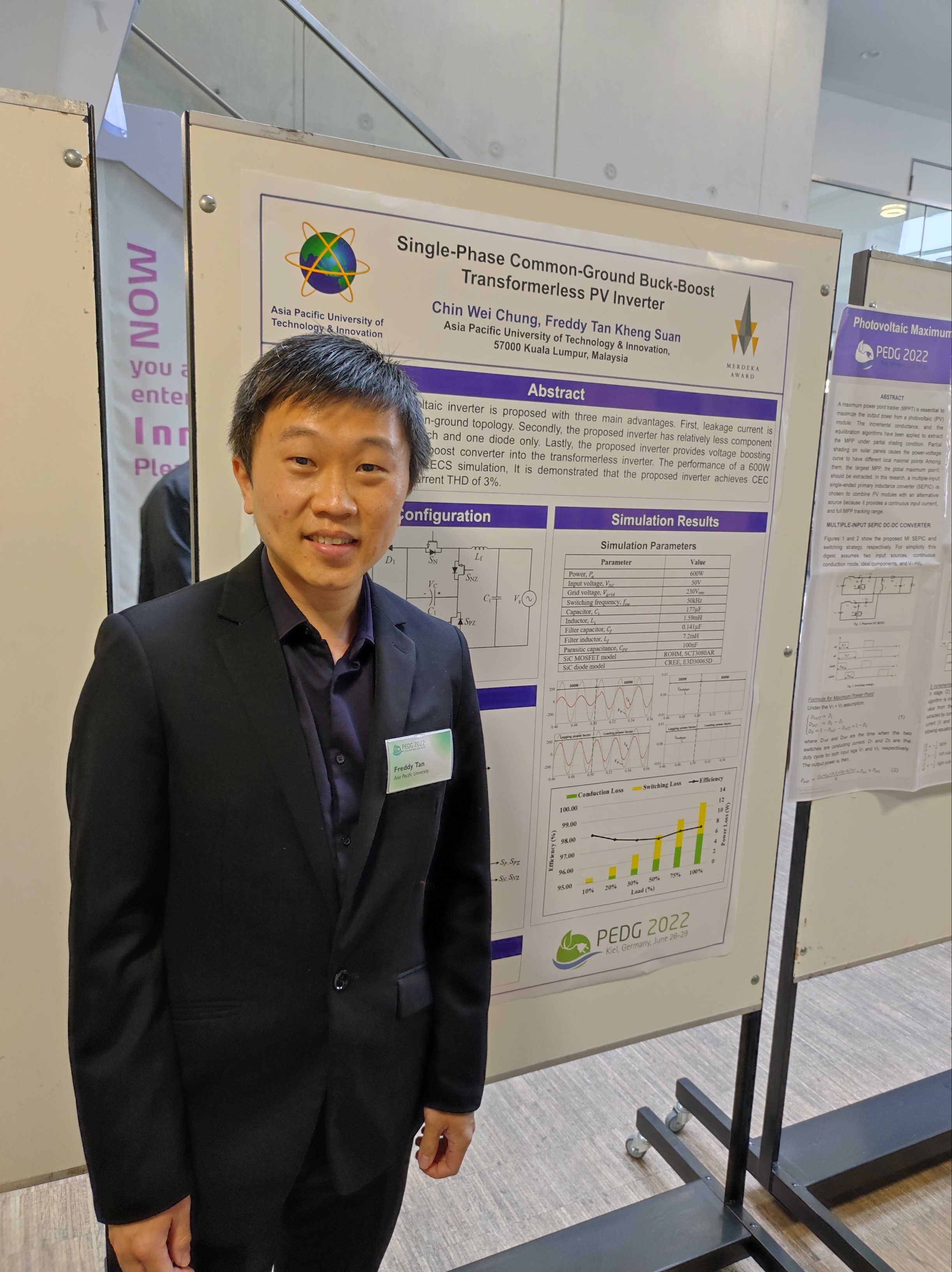 What were the struggles or obstacles you faced in your research, before you received the grant, and how has the grant helped you overcome those obstacles?
What were the struggles or obstacles you faced in your research, before you received the grant, and how has the grant helped you overcome those obstacles?
The biggest struggle was limited resources. The Merdeka Grant allowed me to connect with experts, attend courses and conferences and learn from their projects and how they managed the financing for their research and projects.
Some thoughts about Denmark and your time there in general?
Despite the high living cost, Danish people are generally friendly and helpful. The professors and experts are generous and willing to share their experiences and knowledge without reservation.
I love the Danish work-life balance culture. The Scandinavian lifestyle is about prioritising time for family and friends. No wonder, the Danish are the happiest people in the world! It was a shock for me to find most of the shops closed during public holidays to encourage the community to spend quality time at home, parks or at other community-friendly locations.
